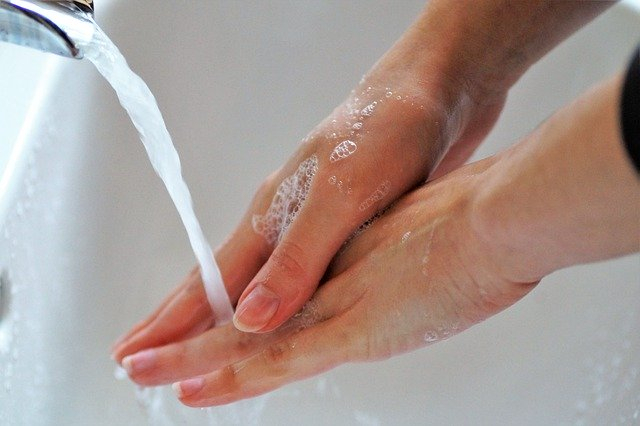The worldwide use of the hand gels during the coronavirus or COVID-19 pandemic might create a superbug 'armageddon' as the other bacteria and also viruses will build up resistance, a scientist has warned.
Dr. Andrew Kemp, who is head of the Scientific Advisory Board on the British Institute of Cleaning Science stated that the excessive use of alcohol-based gels will allow the bacteria and the virus on our hands to adapt and survive gel use. He added that it can lead to a disastrous situation, as reported by the Daily Express.
The fear of the spread of the deadly virus has led to a surge in buying of sanitizing hand gels around the world. Hand sanitizers have become a routinely used thing and are often positioned at the entrance of shops.
Hand Gels Not Good for Regular Use

According to Kemp, people should be washing hands with soap, which is the best way to get rid of bacteria and viruses. "Hand gels should only be used as a last resort and as a short term temporary measure or stop-gap if soap and water are not available. At the moment there is no published proof that alcohol gels killed COVID-19 itself," as reported by the Express. He is going to present his findings at the International Conference on Antimicrobial Resistance conference to be held in Amsterdam next October.
The World Health Organization (WHO) has also stated that the best way to get protection from coronavirus is to wash hands and gel should be used when there is no immediate access to soap. The deadly virus outbreak has crearted a major stir aorund the world in recent times infecting more than 24 million people worldwide and claimed the lives of over 800,000 people globally. Scientists around the world are currently working to find a cure for the disease as an effective vaccine is expected by the first quarter of 2021.









